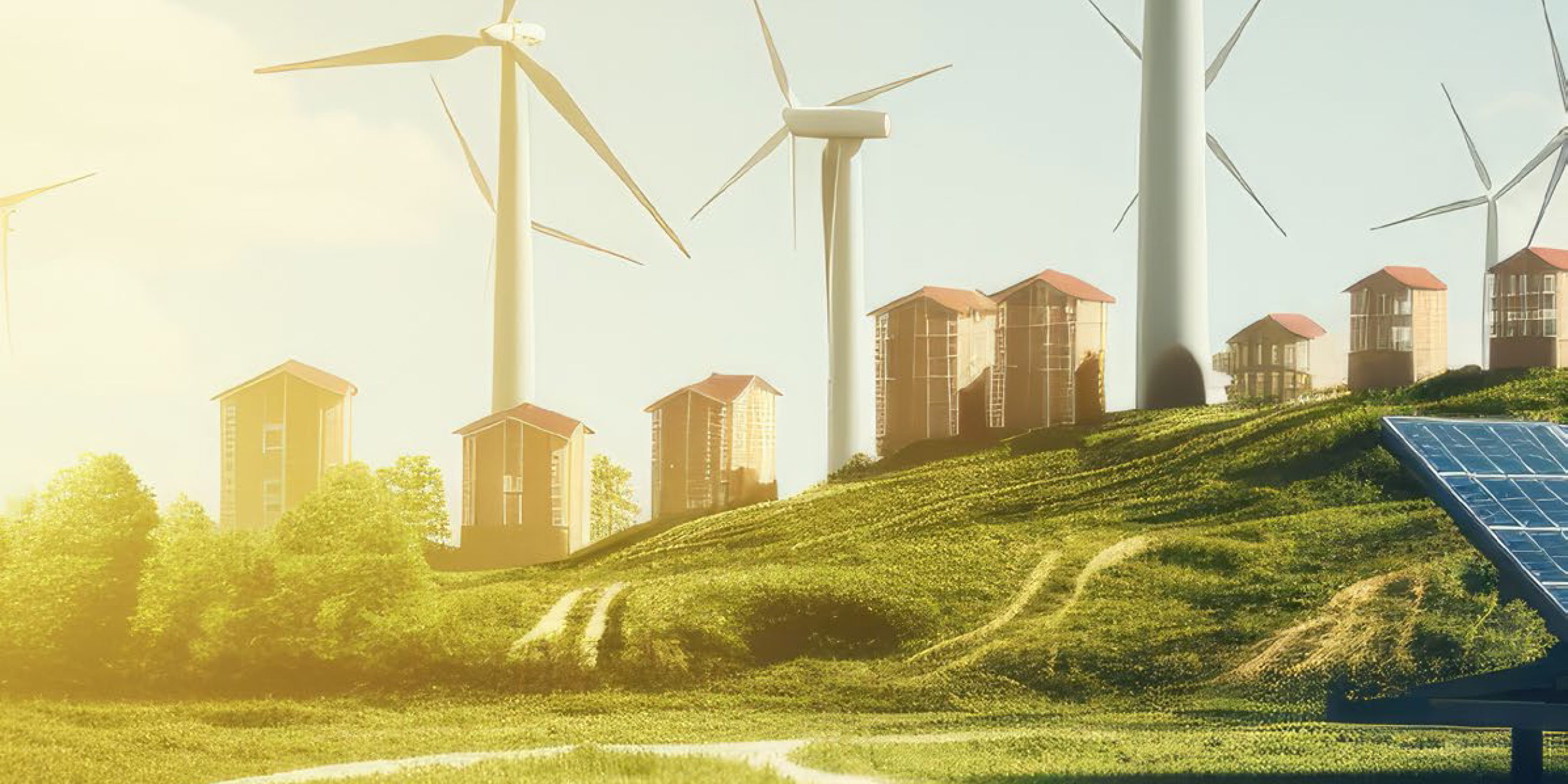The Zimbabwe-Zambia Energy Projects Summit, which concluded successfully in Victoria Falls on November 20, 2024, has opened new avenues for collaboration between the two countries to enhance their energy sectors.
The event was attended by high-level government officials who delivered key speeches outlining their respective countries’ energy visions.
Zimbabwe’s energy vision
Zimbabwean Vice President Constantino Chiwenga emphasized the importance of regional cooperation in addressing energy challenges and securing a sustainable energy future. He highlighted the need to harness the region’s abundant natural resources, including hydro, solar, and wind power, to meet growing energy demands.
“We stand at a crossroads of immense opportunity,” he stated. “By working together, Zimbabwe and Zambia can harness the power of our natural resources to drive economic growth and improve the lives of our people. The Kariba Dam, a symbol of our shared heritage, can be a catalyst for sustainable energy development.”
Zimbabwe is developing an integrated energy resource plan to identify its energy resources and chart an optimal development path. The country aims to reduce dependence on a single energy source and achieve a balanced energy mix.
Addressing the issue of energy access, particularly in rural areas, the Vice President urged for innovative solutions, including off-grid technologies and mini-grids, to bring electricity to underserved communities.
Zimbabwe, like Zambia, is committed to embracing renewable energy, particularly solar power. The country aims to build large-scale solar farms to generate power for both domestic consumption and export. Additionally, the exploration of floating solar and pumped storage projects on the Zambezi River is underway, offering significant potential for clean energy generation.
Zimbabwean Energy and Power Development Minister Edgar Moyo acknowledged the impact of climate change on the region’s energy sector and highlighted the need to adopt sustainable energy practices. He outlined Zimbabwe’s plans to increase renewable energy capacity, improve energy efficiency, and expand access to electricity in rural areas. Moyo also invited investors to partner with Zimbabwe to unlock the country’s energy potential.
Minister Edgar Moyo underscored the importance of addressing climate change and transitioning to a low-carbon economy. “We must harness the power of renewable energy to ensure a sustainable energy future,” he said. “By investing in solar, wind, and hydro power, we can reduce our reliance on fossil fuels and mitigate the impacts of climate change.”
Zambia’s energy focus
Zambian Minister Makozo Chikote highlighted the country’s critical juncture in its energy and mining sectors. He emphasized the need for forward-thinking strategies to meet growing energy demands and create a more sustainable and efficient energy future.
Zambia’s recently developed Integrated Resource Plan (IRP) serves as a blueprint for the country’s energy development, focusing on generation, transmission, and distribution. The goal is to support the economy and position Zambia as a regional energy hub in Southern Africa.
To achieve this vision, Zambia is actively promoting the participation of Independent Power Producers (IPPs) and diversifying its energy mix, which currently relies heavily on hydro power. The country aims to increase the share of renewable energy sources like solar, wind, and hydro to enhance energy security and reduce reliance on fossil fuels.
In the mining sector, Zambia recognizes the crucial role of energy in driving growth and sustainability. The government’s ambitious target of 3 million metric tonnes of copper production annually by 2035 necessitates significant investments in power development projects. By promoting the use of cleaner and more efficient energy sources, Zambia aims to minimize environmental impact and enhance the competitiveness of its mining industry.
A shared future
Both countries recognize the importance of modernizing their power transmission and distribution networks to improve efficiency and facilitate cross-border electricity trade. Investing in infrastructure development, particularly in energy-intensive industries like mining and agriculture, is crucial for economic growth and job creation.
The Zimbabwe-Zambia Energy Projects Summit has laid the foundation for a new era of energy cooperation between the two countries. Working together, the two countries can unlock the full potential of their natural resources, create a more sustainable energy future, and drive economic growth and development in the region.

